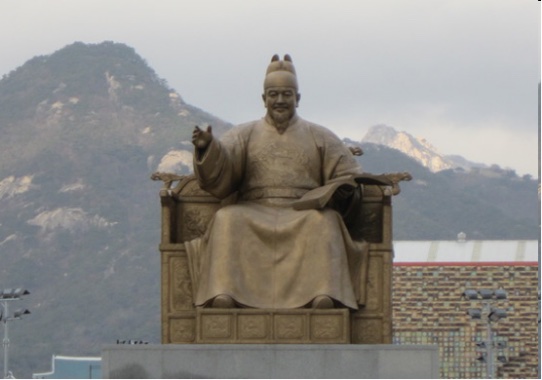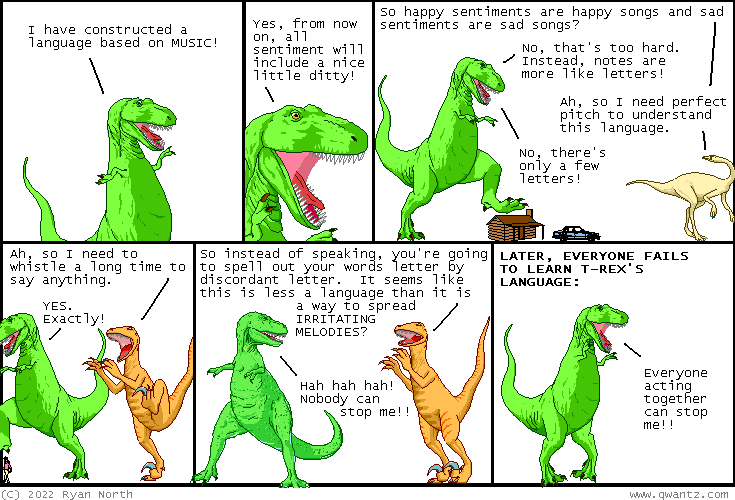Article in Taiwan News:
"UCLA students learn about Taiwanese Hokkien in MOE*-supported course:
Course examines Taiwan’s widely-spoken dialect ‘in different forms of cultural production’", By Stephanie Chiang (4/19/22)
*Ministry of Education
UCLA began offering its first Taiwanese Hokkien course in January 2020:
The description of the course entitled “Taiwanese Language and Culture” reads, “Taiyu, or Taiwanese (also known as Minnan, Hoklo, or Hokkien, depending on context or region), is the language that most Taiwanese people use in daily lives, including everyday interaction and communication, entertainment, social and cultural events, etc.” The four-unit course offered to upper-division students requires students to have taken at least a year of Chinese courses or a Chinese placement test showing equivalent knowledge.
I wish they didn't have the prerequisite mentioned in the last sentence and don't understand the reason for such a requirement.
Read the rest of this entry »






